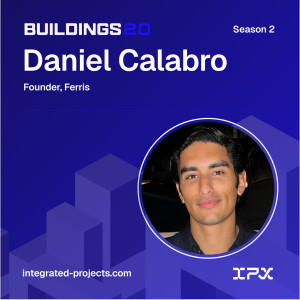
2 days ago
Why Agentic AI will handle the boring 80% of engineering workflows
This conversation explores the intersection of law and engineering, particularly focusing on the accessibility of building codes and the implications of AI in civil engineering. Daniel Calabro, founder of Ferris shares his personal journey from engineer to entrepreneur, discussing the challenges and opportunities presented by AI technologies. Key themes include the importance of trust and education in adopting AI, the talent shortage in the engineering field, and the vision for Ferris as a central hub for engineering tools and data. The discussion also touches on the legal precedents surrounding public access to codes and the potential for innovation in the industry.
Takeaways
- Code should be publicly accessible if it's law.
- AI can enhance engineering workflows but can't replace human judgment.
- Building personal relationships in engineering improves project outcomes.
- The engineering industry faces a talent shortage due to risk and pay issues.
- AI can help bridge knowledge gaps in engineering teams.
- Trust and education are crucial for AI adoption in engineering.
- Public access to building codes can drive innovation.
- Ferris aims to centralize engineering tools and data.
- The future of civil engineering involves integrating AI into daily workflows.
- Engineers need to adapt to new technologies to remain relevant.
No comments yet. Be the first to say something!